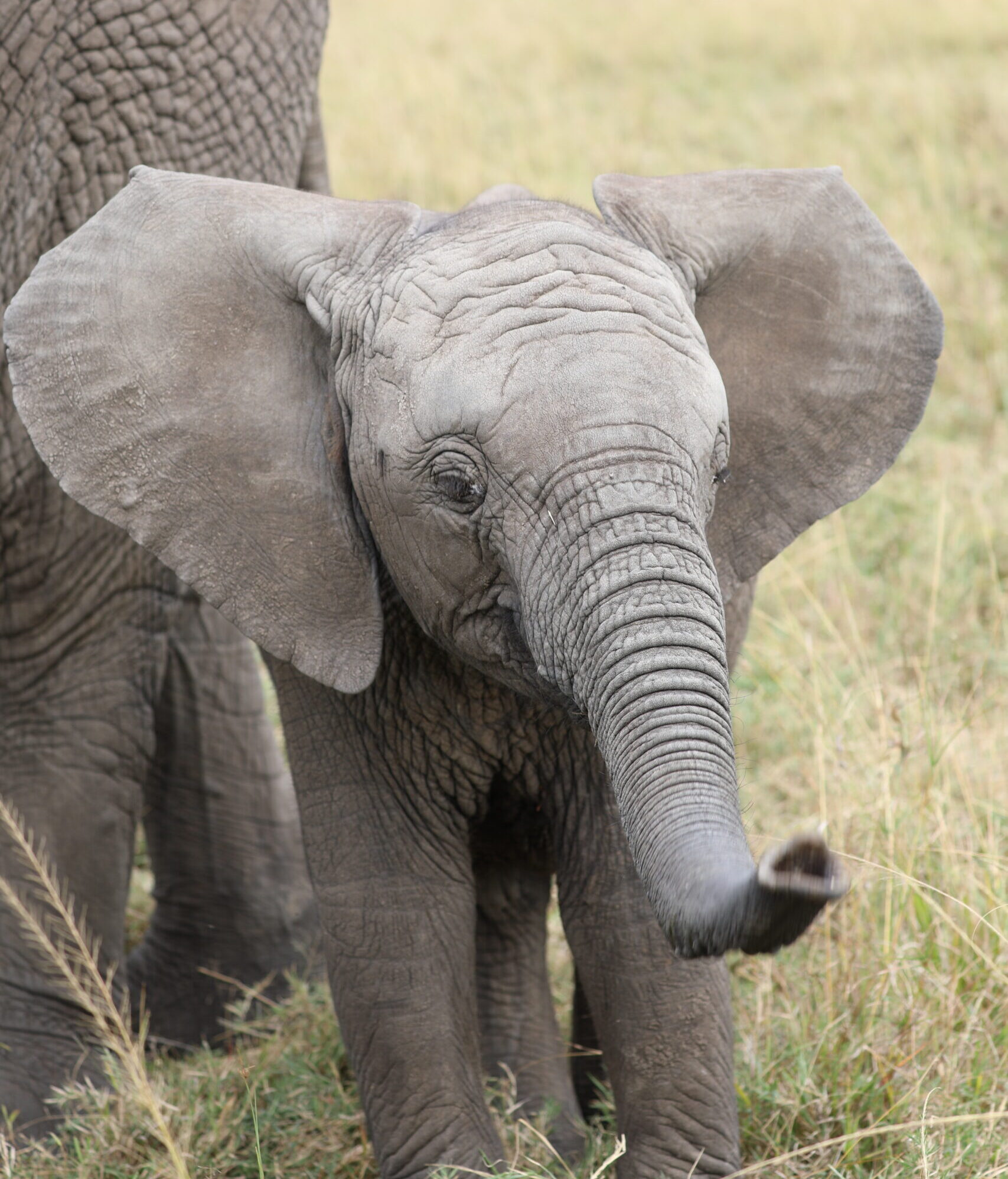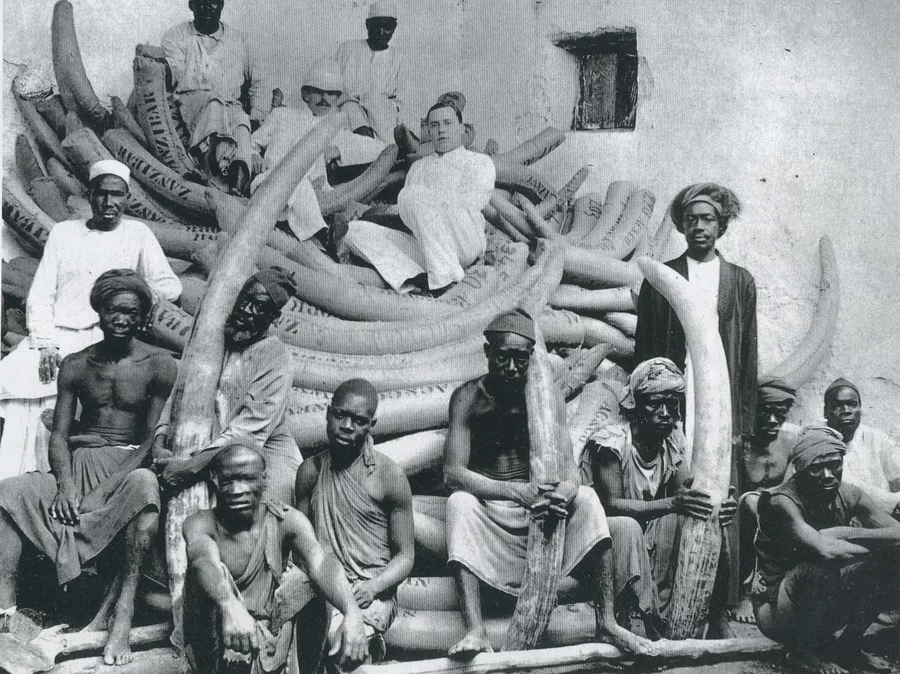OUR SPECIAL RESPONSIBILITY
Connecticut has a special responsibility to protect whales given our history of slaughtering them to the brink of extinction. We killed so many whales that the Sperm Whale was named our state animal. But can you name the other animal that we slaughtered to near extinction?
In the 1800s, Connecticut was the largest importer of elephant ivory in the world. There were 26 million elephants roaming the African continent prior to 1800. Today, less than 2% remain.

BLOOD MONEY
For more than a century, the US was the largest consumer of elephant ivory in the world and Connecticut was at the center of the ivory trade. Deep River and Ivoryton processed up to 90% of the ivory imported into the US. As many as 100,000 African Bush elephants were slaughtered each year.
“It is simply incredible that, because ivory is required, the rich heart of Africa should be laid waste… That populations, tribes and nations should be utterly destroyed. Whom after all does this bloody seizure enrich?” – Henry M. Stanley, explorer
George Read & Company was a leader in ivory processing, cutting elephant ivory for piano keys, combs, buttons and billiard balls. A founder of Deep River and a church deacon, George Read was an abolitionist and a station manager on the underground railroad.
There’s a story of a 20-year-old boy who escaped slavery in South Carolina and travelled several hundred miles on foot before reaching Deep River. Deacon Read welcomed him, changed his name to William Winters, and even gave him a wig. Billy Winters settled in Deep River on Winter Avenue, which was named for him.

COGNITIVE DISSONANCE
Cognitive Dissonance is the mental discomfort you feel when your actions don’t match your values. At the same time Deacon Read was helping runaway slave Billy Winters, he was also financing the African slave trade. Elephants lived in the African interior. Slaves were used to carry the heavy tusks hundreds of miles to the African coast for shipping to Connecticut.
“The boats that lay at anchor off the town were packed with slaves awaiting transport to Arabia and the Gulf. Slaves lay on the sloping beach, dead slaves, not worth the burying, thrown there to rot until the tide carried their bloated bodies out to sea.” – Ernst Moore, CT Ivory Trader
Arab traders would befriend tribal chiefs and enlist their help in killing the elephants. After the elephants were slaughtered, the traders would kill the tribal chiefs, burn their villages, and enslave the survivors in chains to carry the elephant tusks to the coast. 19th Century missionary and African explorer David Livingstone wrote that five black people were killed or forced into slavery for each elephant tusk that reached the coast.
LIVE YOUR VALUES
“One man cannot do right in one department of life whilst he is occupied in doing wrong in any other department. Life is one indivisible whole” ― Mahatma Gandhi
George Read was a church deacon, entrepreneur, and abolitionist. Yet he also financed the cruel African slave trade, slaughtered millions of elephants, and destroyed the heart of Africa.
What suffering do you support? Most people say they oppose cruelty to animals, yet most people finance animal cruelty every day, in what they choose to eat, wear and buy.
At the end of the day can you reflect on 24 hours lived in kindness?
Live your values. Live vegan.

